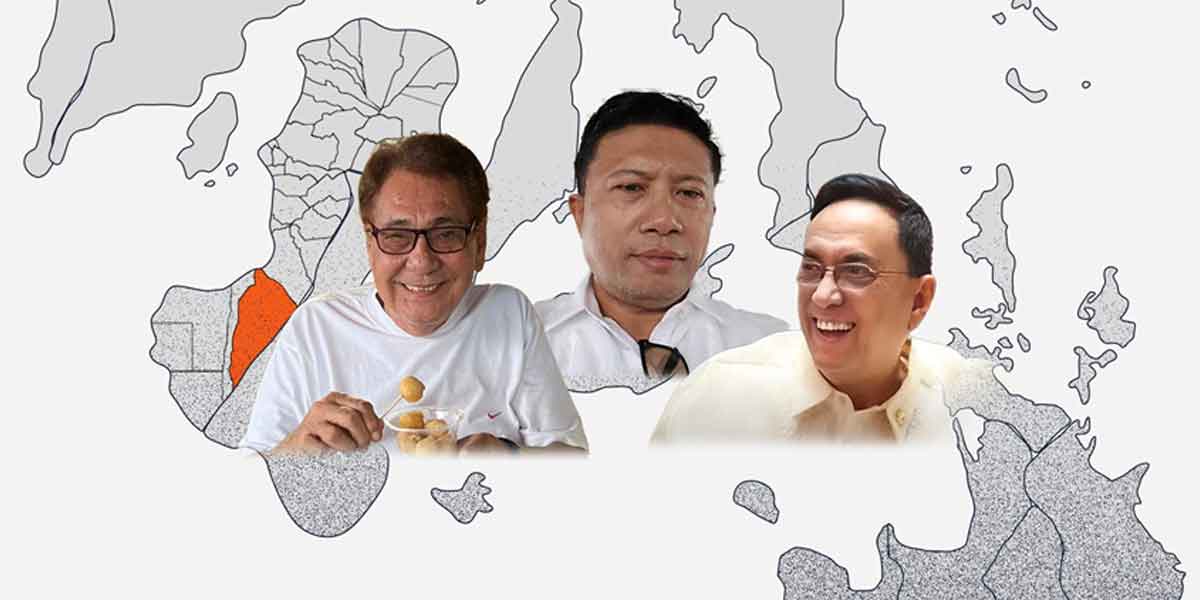By Atty. Anfred Panes
For centuries, sports had been originally captured within the exclusive domain of men. However, the contemporary dynamics in international sports competitions, like the Olympic Games, proved that such male dominance is not perpetual. Since the philosophical times of Aristotle who labeled women as the weaker sex which has become a century-old dogma, women have now become more prominent in almost every aspect where patriarchy seems manifest. Do women have to hurdle an astonishing feat to be recognized that they are capable? Fortunately, we now have an affirmative environment that somehow nurtures a worldview that has become more liberal and enlightened on the humanism of women’s abilities.
It is no strange facts that just recently, Filipina weightlifter Hidilyn Diaz brought home the very first Olympic gold in the history of the country. Along with her feat, another Filipina boxer Nesthy Petecio just secured another sure Olympic medal, the very first in the line of women boxers to win an Olympic medal. With such an accomplishment, the Philippines is guaranteed to attain this status with a multi-medal finish in the 2020 Tokyo Olympics. I cannot stress this enough that such has been made possible by Filipina women Olympians. However, this is not a zero-sum game which diminishes the capacity of other sportspeople, men or women.
In the legal premise, the development of empowering the rights of women has become embedded in our legal institutions by adopting instruments to this effect. No less than Section 14, Article 2 of the Philippine Constitution has maintained that the State recognizes the role of women in nation building and shall ensure the fundamental equality before the law of women and men. Republic Act 9710 otherwise known as the Magna Carta of Women has become the country’s comprehensive women’s human rights law which ought to eliminate discrimination against women by protecting, recognizing, fulfilling, and promoting the rights of Filipino women, especially those in marginalized sector and under-represented constituencies. These are just some of the instruments which put forward the primacy of women’s rights and we continue to adopt this until it becomes an indispensable and undisputed part and parcel of our socio-political and legal landscapes.
A number of women who rise to power were victims of injustice, prejudice, violence and discrimination which may have been perpetrated by toxic masculinity. But it should not remain that way. Nevertheless, their battles and achievements have become indomitable which set precedents of women empowering not just women but the people at large. Women are so brave and courageous to infiltrate and shatter the ceiling of male dominance. Although the inclusion of women has long been recognized in the field of politics, sports, academics, and other fields, there is still much to be done to achieve true equality. We need to educate an acculturated mind which still believes that women are the weaker seed, the misbegotten men, and the second sex. The recognition of abilities and equality of men and women are not owed by the women to the men and “its” institutions. It has always been there but only systematically concealed in the shadows of patriarchy and sexism.
























